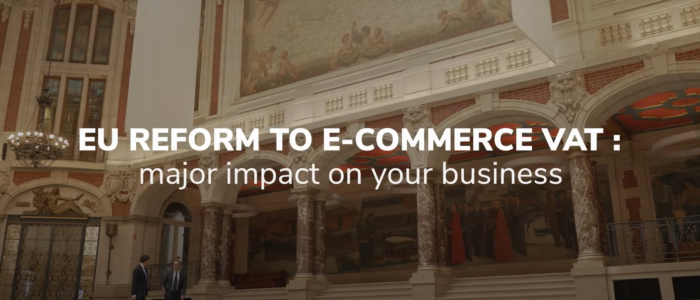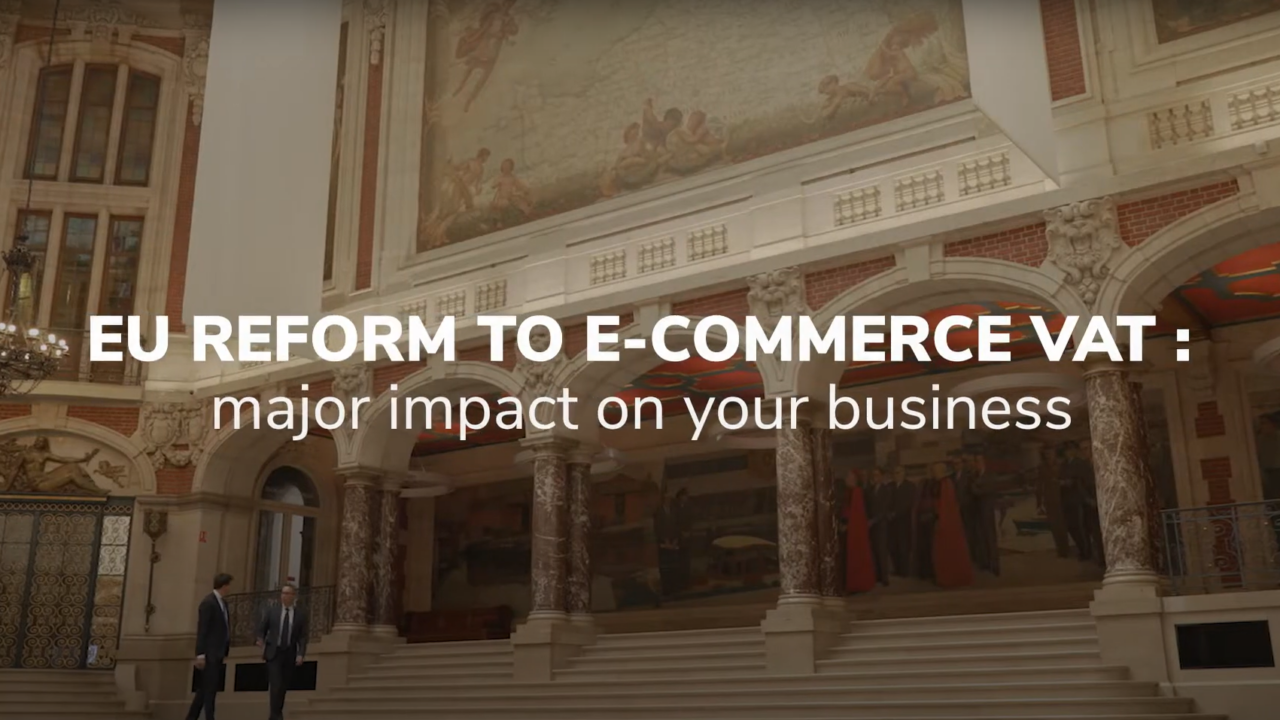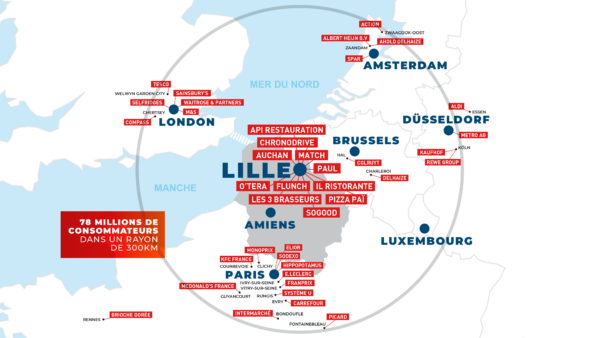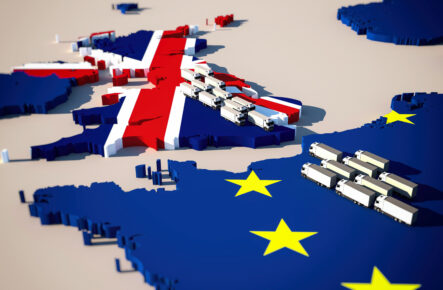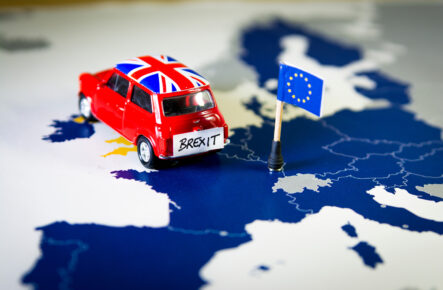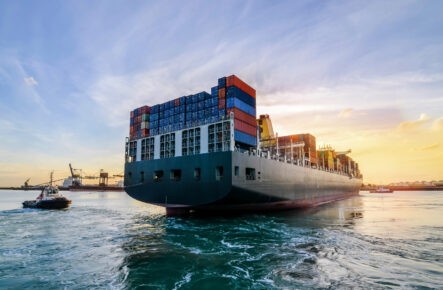If we take the example of annual sales to EU clients worth just twenty thousand euros, do I need to change the way I deal with value-added tax?
You certainly would need to be able to charge local VAT at the right rate. They are two available online portals to declare and pay EU VAT: the One Stop Shop (OSS) and the Import One Stop Shop (IOSS). Also, non-EU sellers to marketplaces are now liable for VAT payments and VAT are transferred from them.
Concretely how will this impact businesses selling to European clients?
Businesses are affected whether they sell goods from an EU warehouse or directly export goods from non-EU-countries to their European clients. Businesses are, however, not concerned if they only sell goods to professionals, on a B2B basis.
What can businesses do about this now? What are their options?
Several options are available depending on how the flows of goods are organized. However, we anticipate many complications for goods being exported from outside the EU and marketplaces not willing to be responsible for paying VAT, but solutions exist.
